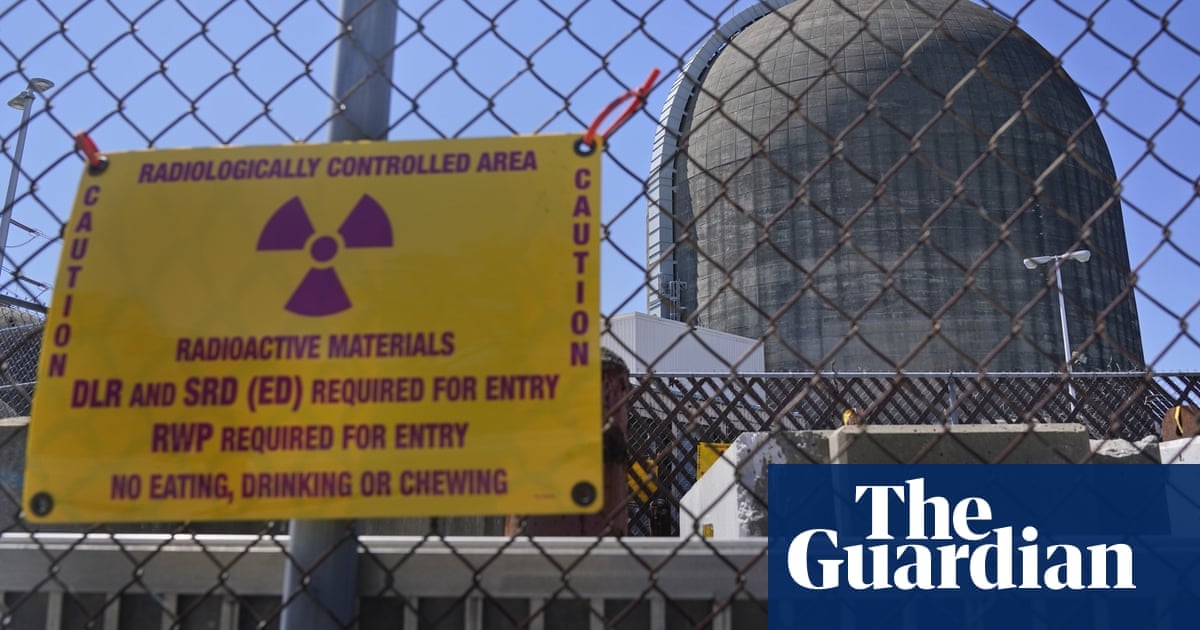- cross-posted to:
- nyc@lemmit.online
- cross-posted to:
- nyc@lemmit.online
Shuttering of New York facility raises awkward climate crisis questions as gas – not renewables – fills gap in power generation
When New York’s deteriorating and unloved Indian Point nuclear plant finally shuttered in 2021, its demise was met with delight from environmentalists who had long demanded it be scrapped.
But there has been a sting in the tail – since the closure, New York’s greenhouse gas emissions have gone up.
Castigated for its impact upon the surrounding environment and feared for its potential to unleash disaster close to the heart of New York City, Indian Point nevertheless supplied a large chunk of the state’s carbon-free electricity.
Since the plant’s closure, it has been gas, rather then clean energy such as solar and wind, that has filled the void, leaving New York City in the embarrassing situation of seeing its planet-heating emissions jump in recent years to the point its power grid is now dirtier than Texas’s, as well as the US average.



Nuclear power is expensive. If a plant is no longer safe to operate, it may make sense to shut it down for good.
Building the same capacity in renewables is often cheaper and faster than repairing an old plant or even building a new one.
People do not realize this is a tricky question. Because, no, replacing, say, 1000MW of nuclear with 1000MW of solar and wind actually DOES NOT give you the same capacity. You have to consider capacity factor, which is a measure of how much power it produces versus its theoretical maximum.
Nuclear generally has a capacity factor of 90%. They are essentially always pumping out their nameplate capacity except during shutdowns for maintenance and refueling.
Solar and win have capacity factors of 20-30%. They spend most of their time producing less than their nameplate capacity.
So you need ~3.5 times the amount of solar and wind to match the lost capacity of a nuclear plant. And that does not even consider the issue of storage.
Or the issue of space occupied, nuclear plants don’t take up anywhere near the same amount of space as renewables.
I know. The price per kWh is still better with renewables and the speed of construction doesn’t even compare.
There are a lot of people who do not. In any case, as I said, there is still the issue of storage. Nuclear is great because of the consistency of generation. It meets base loads. I believe there is plenty of space for both nuclear and renewables.
And you want to talk speed of construction and price per kWh, well, look at gas turbines. There is a reason Indian Point was replaced with those and not renewables. Yes, we have to pay a premium for consistent clean power, but it is worth it.